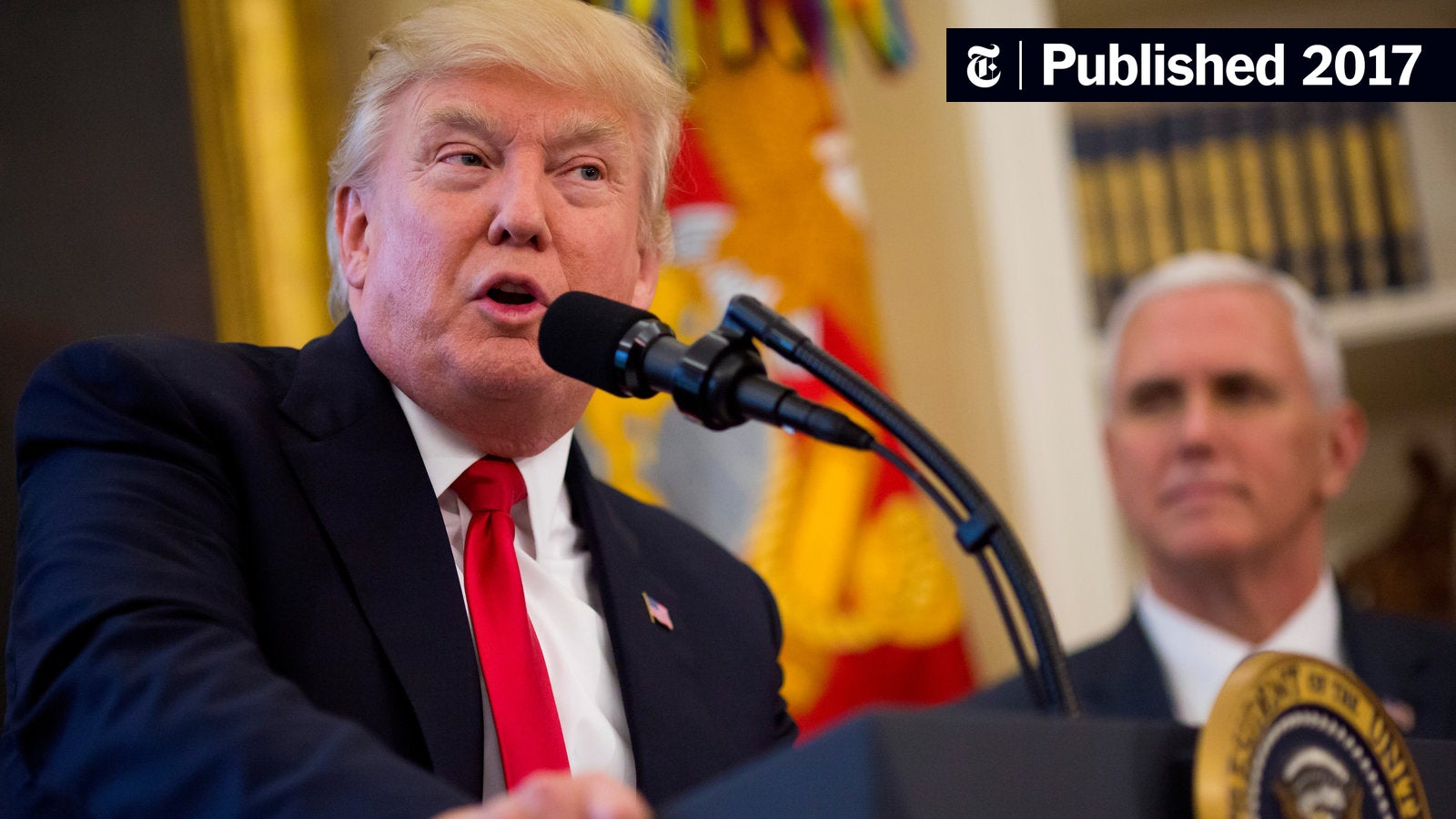OpenAI Facing FTC Investigation: Data Privacy And AI Concerns

Table of Contents
Data Privacy Concerns at the Heart of the OpenAI FTC Investigation
The FTC investigation into OpenAI centers heavily on concerns surrounding the company's data collection and usage practices. These practices, particularly concerning the vast amounts of data used to train its powerful AI models, raise significant questions about compliance with existing data privacy regulations.
The Collection and Use of Personal Data
OpenAI's data collection practices, while often shrouded in ambiguity, raise several red flags regarding potential violations of privacy laws.
- Use of user data for model training: OpenAI utilizes data input from users of its products, like ChatGPT, to train its AI models. The extent to which this data is anonymized and the potential for re-identification remain unclear.
- Lack of transparency regarding data usage: Critics argue that OpenAI lacks sufficient transparency about how user data is collected, processed, and used in the development and improvement of its AI models. This lack of transparency makes it difficult for users to understand the full implications of their interactions with OpenAI products.
- Potential for unauthorized data access: The sheer volume of data handled by OpenAI raises concerns about the potential for security breaches and unauthorized access, potentially leading to data leaks and misuse of personal information.
These practices may violate various privacy laws, including the General Data Protection Regulation (GDPR) in Europe and the California Consumer Privacy Act (CCPA) in the United States. The potential consequences for OpenAI, should violations be confirmed, could include hefty fines, legal battles, and reputational damage.
The Role of ChatGPT and Other OpenAI Products in Data Privacy Issues
OpenAI's flagship product, ChatGPT, along with other offerings like DALL-E, are at the center of the data privacy debate. These products rely heavily on user input to function, raising concerns about how this data is handled.
- ChatGPT data collection: ChatGPT collects user prompts and generated responses, potentially containing sensitive personal information. The use of this data for model improvement raises concerns about the preservation of user privacy.
- DALL-E and image data: DALL-E, an AI image generation tool, collects image data uploaded by users. The ethical implications of using this data for training and the potential for copyright infringement are crucial considerations.
- User consent: The question of informed user consent is paramount. Do users fully understand how their data is being collected and utilized when interacting with OpenAI products? The investigation will likely scrutinize OpenAI's consent mechanisms and their adequacy.
AI Safety and Ethical Considerations Fueling the FTC Investigation
Beyond data privacy, the FTC investigation also delves into the ethical and safety implications of OpenAI's technology. The potential for bias, misinformation, and malicious use is a major concern.
Concerns about Bias and Discrimination in AI Models
AI models trained on biased data inevitably perpetuate and amplify those biases. This is a significant concern regarding OpenAI's models.
- Bias in training data: The data used to train OpenAI's models may reflect existing societal biases, leading to discriminatory outcomes in the AI's outputs.
- Real-world impact: Biased AI models can negatively impact individuals and groups, perpetuating unfair or harmful practices in areas like loan applications, hiring processes, and even criminal justice.
- Mitigating bias: OpenAI has a responsibility to actively address bias in its models through rigorous data curation, algorithm design, and ongoing monitoring.
The Potential for Misinformation and Malicious Use of OpenAI's Technology
The power of OpenAI's technology also presents significant risks.
- Deepfakes and propaganda: OpenAI's models can be used to create realistic but false images and videos (deepfakes), potentially contributing to the spread of misinformation and propaganda.
- Regulating AI for malicious use: Regulating the use of powerful AI tools to prevent their misuse is a significant challenge.
- OpenAI's role in risk mitigation: OpenAI needs to develop and implement robust safety measures to mitigate the potential for malicious use of its technology.
The Potential Impact of the FTC Investigation on OpenAI and the AI Industry
The FTC investigation could have profound implications for OpenAI and the wider AI industry.
Potential Fines and Regulatory Changes
- Financial penalties: OpenAI faces substantial financial penalties if found to be in violation of privacy laws or other regulations.
- Regulatory changes: The investigation could lead to increased regulatory scrutiny of the AI industry, resulting in stricter data privacy regulations and increased oversight of AI development.
- Impact on OpenAI's future: The investigation could hinder OpenAI's future development and innovation, potentially impacting its ability to attract investment and deploy new technologies.
The Broader Implications for AI Development and Deployment
The OpenAI Facing FTC Investigation has far-reaching consequences beyond OpenAI itself.
- Public trust in AI: The investigation has already eroded public trust in AI technology and raised concerns about the responsible development and deployment of AI systems.
- Responsible AI development: The investigation underscores the urgent need for responsible AI development, emphasizing ethical considerations, data privacy, and safety.
- Ethical guidelines and regulations: The investigation highlights the need for stronger ethical guidelines and robust regulations for the AI industry to ensure the development and use of AI align with societal values and protect individual rights.
Conclusion: Understanding the OpenAI FTC Investigation and its Future Implications
The OpenAI Facing FTC Investigation is a landmark case that exposes critical concerns regarding data privacy and AI safety within the rapidly evolving field of artificial intelligence. The investigation's outcome will significantly shape the future of AI development, impacting not only OpenAI but also the broader AI industry. The potential for substantial fines, regulatory changes, and a shift in public perception underscores the critical need for responsible AI practices. Stay updated on the ongoing OpenAI Facing FTC Investigation and its implications for the future of AI. Learn more about data privacy regulations and advocate for responsible AI development.

Featured Posts
-
 Razer Blade 16 2025 Review Ultra Settings On A Thin Laptop High Price High Performance
Apr 22, 2025
Razer Blade 16 2025 Review Ultra Settings On A Thin Laptop High Price High Performance
Apr 22, 2025 -
 Revolutionizing Voice Assistant Creation Open Ais 2024 Innovation
Apr 22, 2025
Revolutionizing Voice Assistant Creation Open Ais 2024 Innovation
Apr 22, 2025 -
 Are High Stock Market Valuations A Concern Bof As Take
Apr 22, 2025
Are High Stock Market Valuations A Concern Bof As Take
Apr 22, 2025 -
 How Trumps Trade Actions Jeopardized Americas Financial Hegemony
Apr 22, 2025
How Trumps Trade Actions Jeopardized Americas Financial Hegemony
Apr 22, 2025 -
 Gambling On Calamity Examining The Trend Of Betting On Events Like The Los Angeles Wildfires
Apr 22, 2025
Gambling On Calamity Examining The Trend Of Betting On Events Like The Los Angeles Wildfires
Apr 22, 2025
